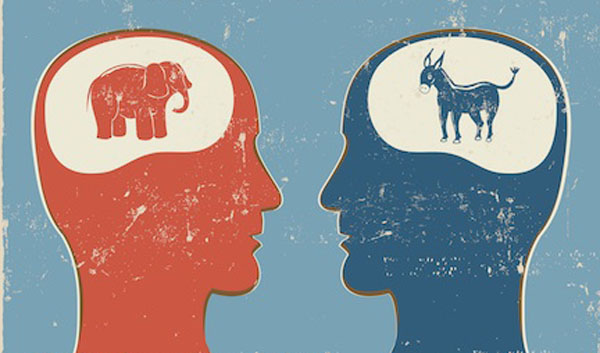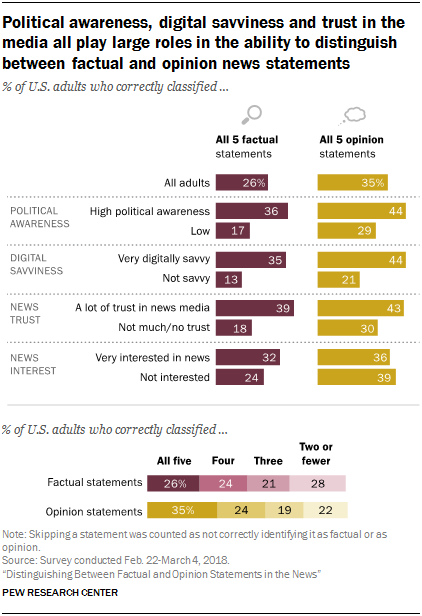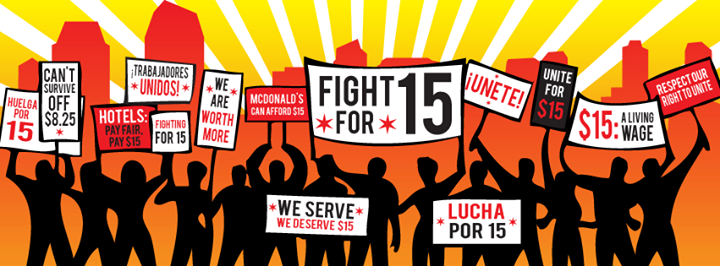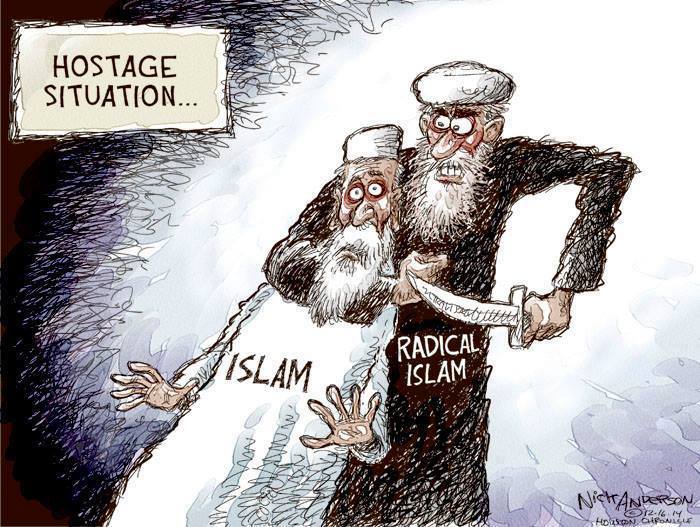Petition your state legislatures to pardon every convict in their several penitentiaries: blessing them as they go, and saying to them in the name of the Lord, go thy way and sin no more. Advise your legislators when they make laws for larceny, burglary or any felony, to make the penalty applicable to work upon roads, public works, or any place where the culprit can be taught more wisdom and more virtue; and become more enlightened. Rigor and seclusion will never do as much to reform the propensities of man, as reason and friendship. Murder only can claim confinement or death. Let the penitentiaries be turned into seminaries of learning, where intelligence, like the angels of heaven, would banish such fragments of barbarism: Imprisonment for debt is a meaner practice than the savage tolerates with all his ferocity. “Amor vincit omnia.” Love conquers all. – Joseph Smith, 7 Feb. 1844[ref]Hat-tip to Russell Stevenson for pointing this out.[/ref]
America should abolish prisons. Perhaps not all of them, but very close to it.
That’s the argument in a recent, provocative paper by Peter Salib, a judicial clerk to Seventh Circuit Court of Appeals Judge Frank Easterbrook.
According to Salib, the idea behind the criminal justice system should be to punish and deter crimes. But prisons are arguably a very inefficient way to do that. The research shows that long prison sentences have little impact on crime, and a stint in prison can actually make someone more likely to commit crime — by further exposing them to all sorts of criminal elements. At the same time, prisons are incredibly costly, eating up funds that could go to other government programs that are more effective at fighting crime.
So why not, Salib suggests, consider alternative approaches to punishment that can let someone actually pay their debt back to society without forcing taxpayers to shoulder the burden of paying for his full confinement?
Salib gave the example of an accountant who burned down an office building. Instead of locking him up for potentially decades, Salib suggests keeping an eye on him through other means, such as GPS monitoring, and forcing him to work as an accountant to pay back the cost of the office building. This would, he argues, be much better for everyone involved; the office building owner gets paid back for the damage, and society has to pay much less to confine this person.
…Salib makes one of the clearer cases for how this change would be better not just for prisoners, but for society as a whole. You should read the full paper for more detail.
Check it out








